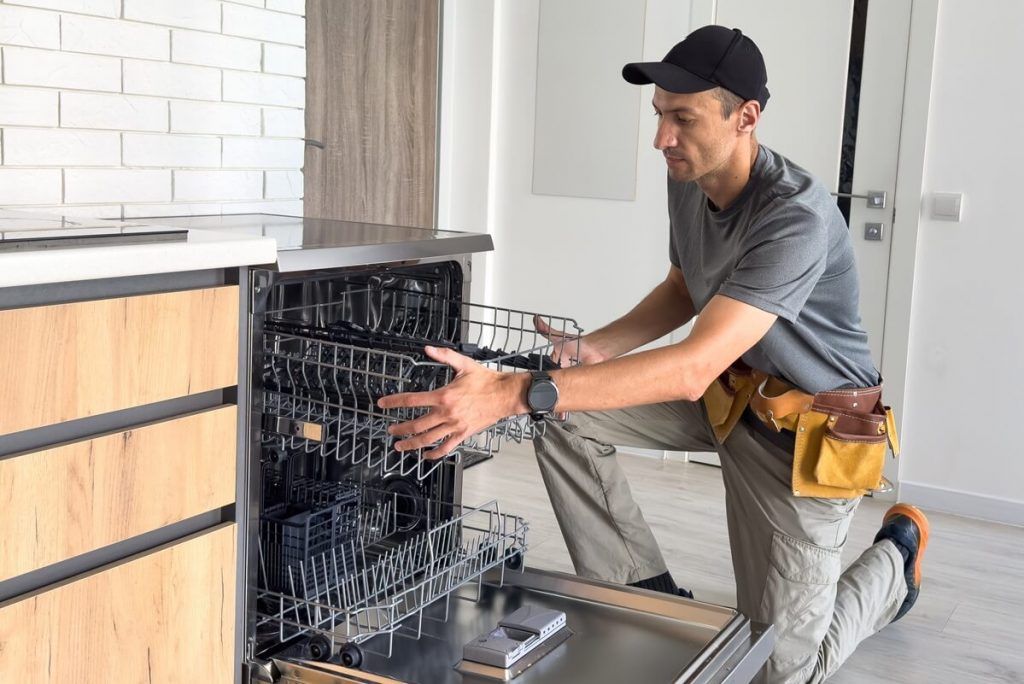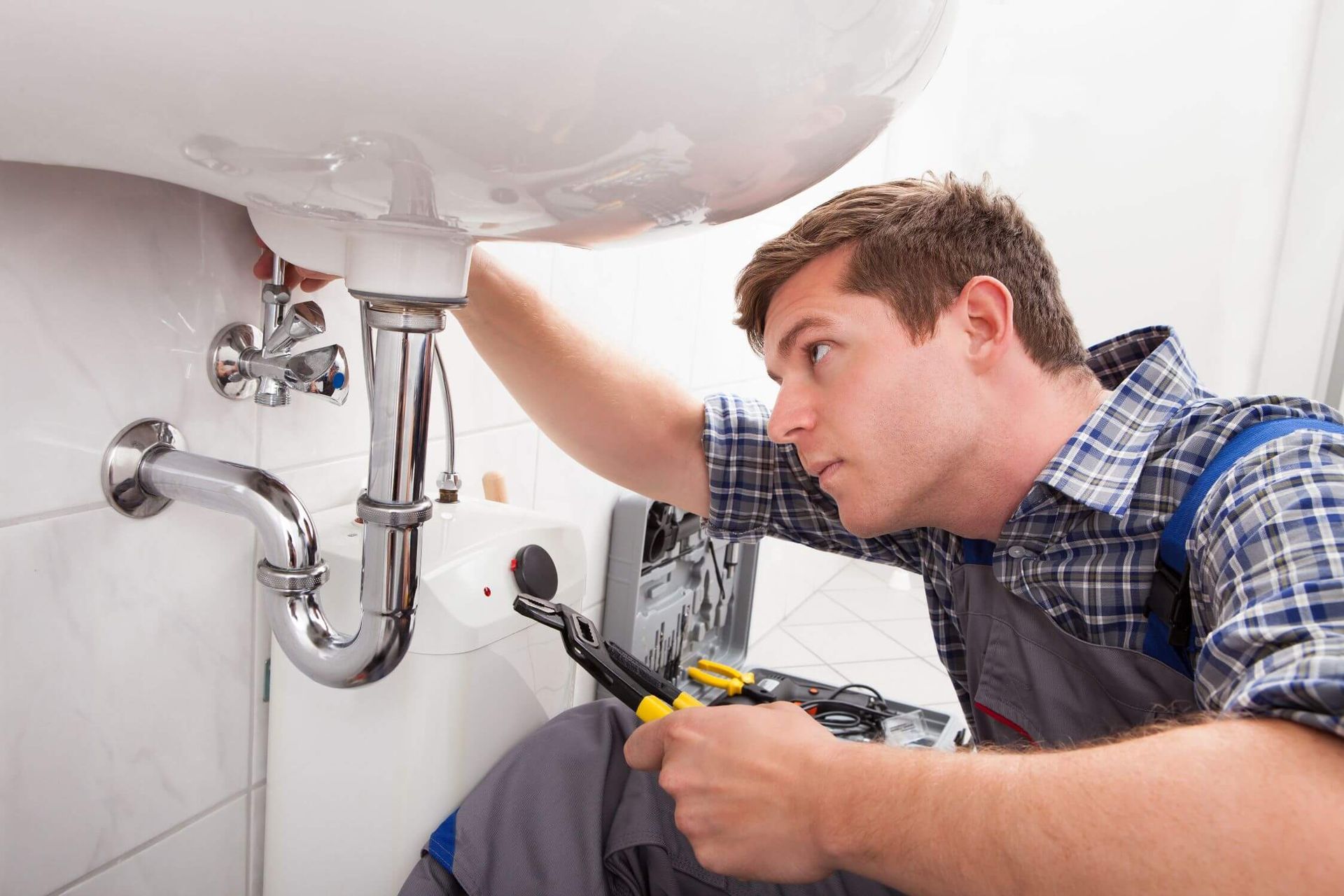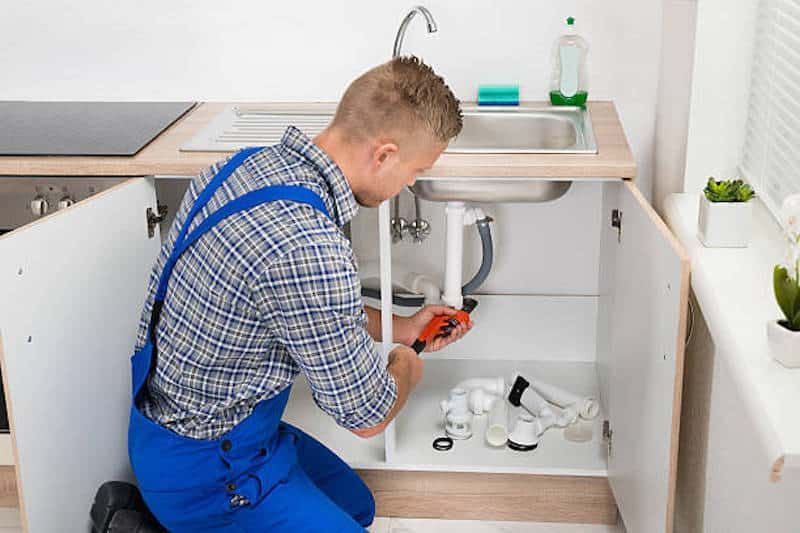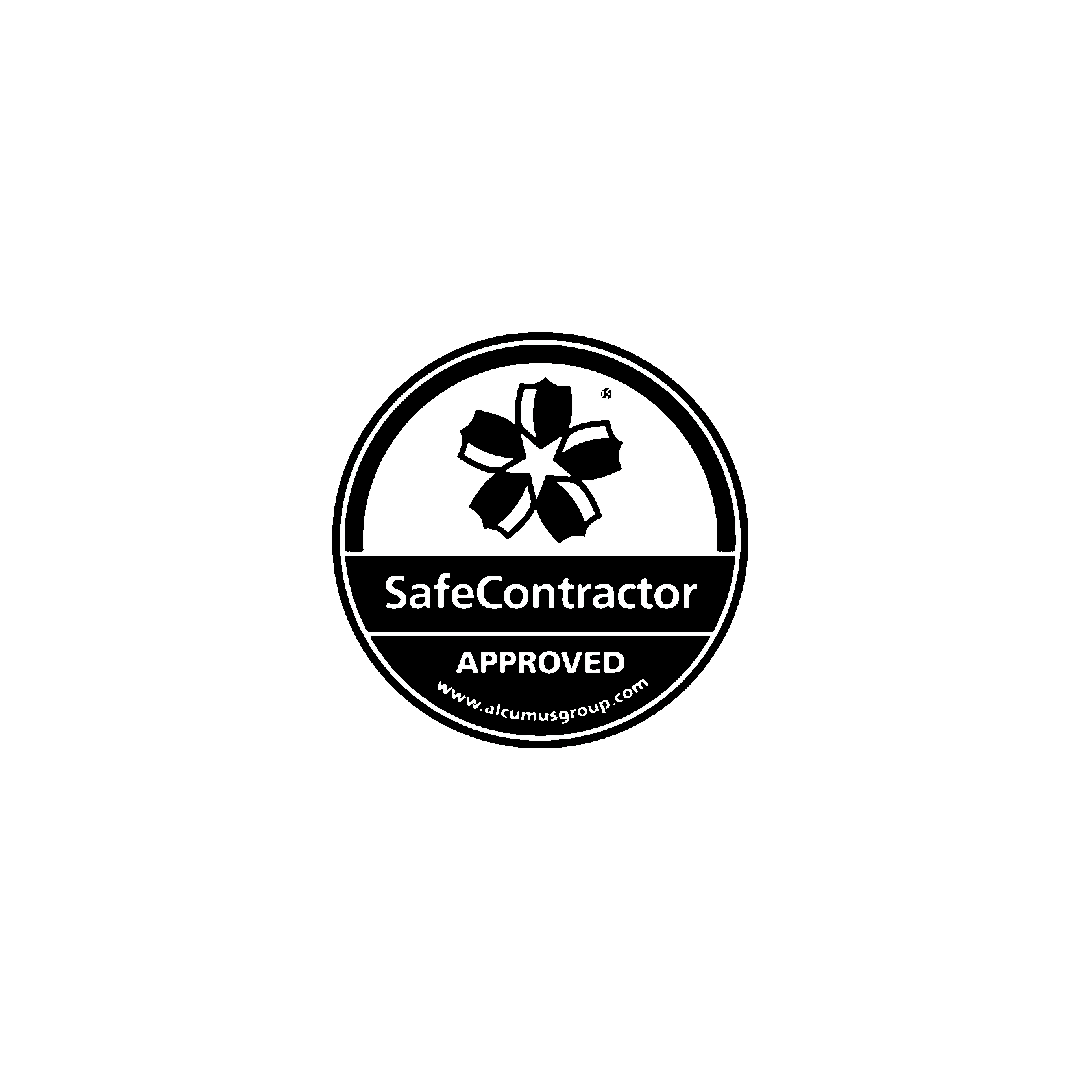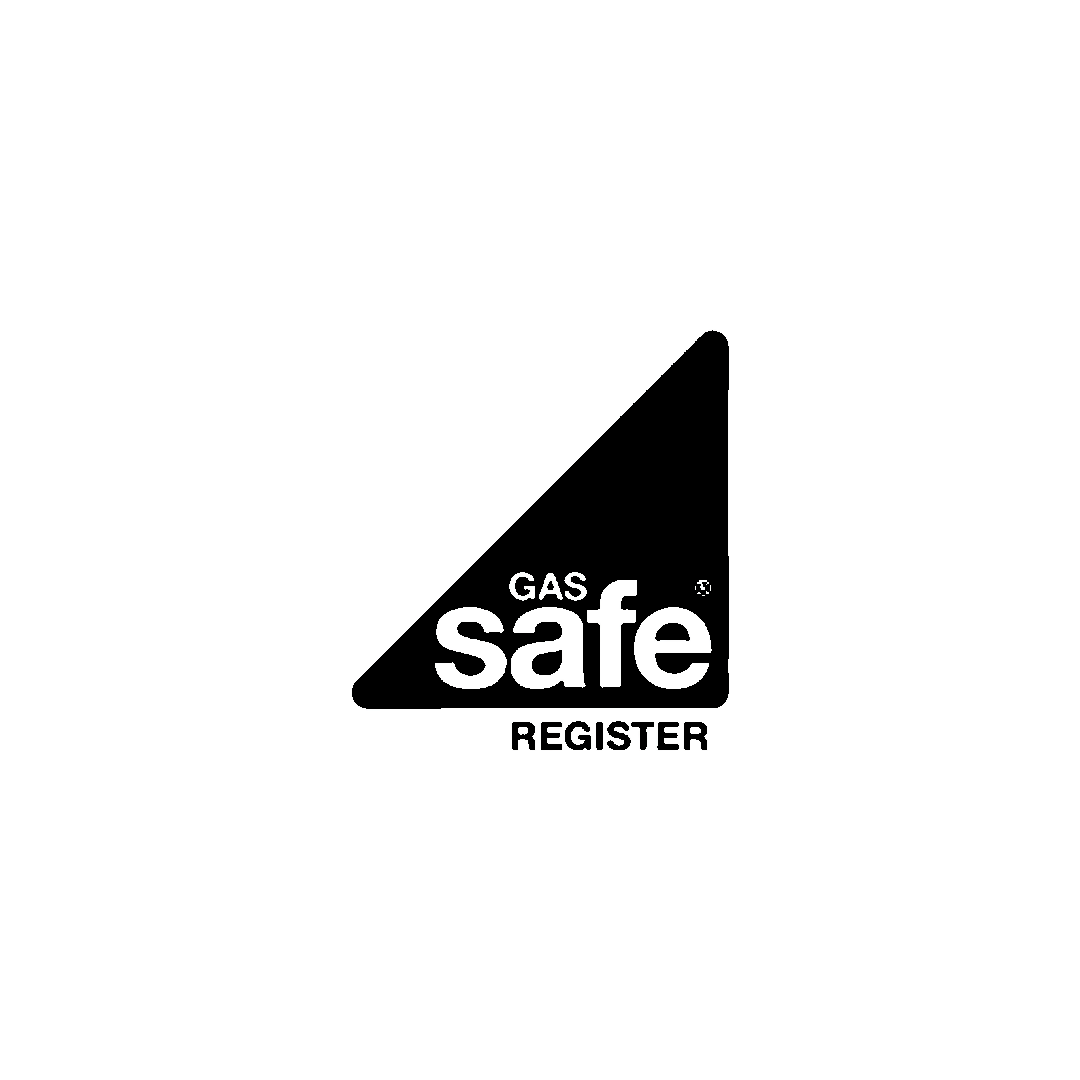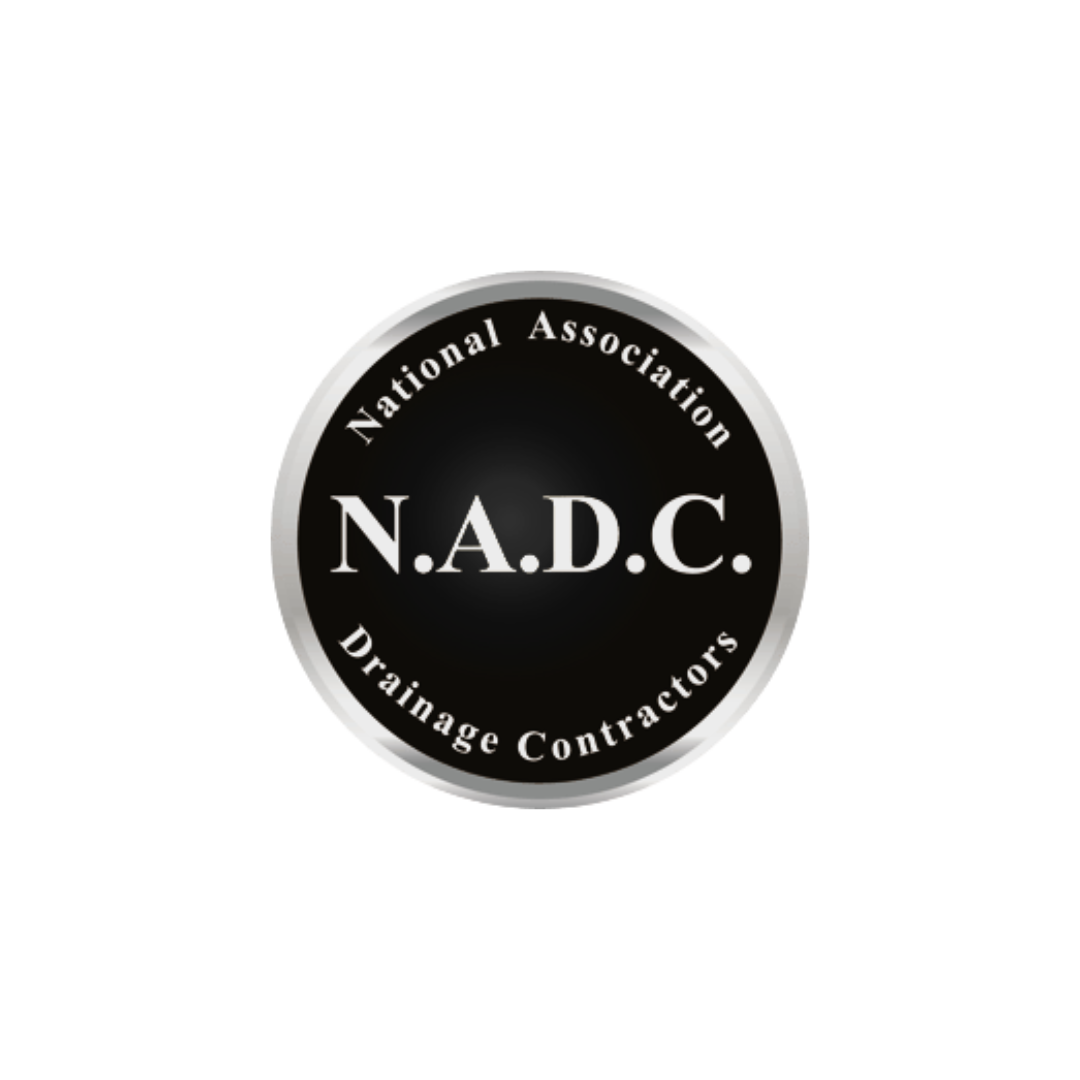Blocked Outdoor Taps in Stevenage: Common Causes and Fixes
If you're searching for Blocked Outdoor Taps in Stevenage, chances are your outdoor tap has become blocked, causing frustration when you’re trying to water the garden or wash the car. Blocked outdoor taps are surprisingly common, but the good news is they’re usually quick to fix. In this guide, we'll explore the main causes, simple fixes, and when it's time to call a plumber in Stevenage.
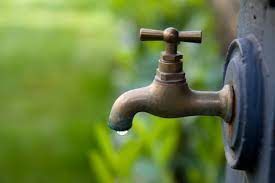
Why Outdoor Taps Get Blocked
Outdoor taps in Stevenage homes are particularly vulnerable to blockages due to their constant exposure to the elements. Unlike indoor plumbing, external taps are more likely to be affected by seasonal weather changes, garden debris, and mineral deposits. During autumn, falling leaves and dirt can easily collect around the base of the tap or get washed into the system, especially if the hose or fittings aren’t tightly secured. Over time, this debris can make its way into the tap or hose connector, causing a gradual clog.
Hard water, common in many areas of Hertfordshire including Stevenage, is another major culprit. It leads to limescale buildup inside the tap or connected pipes. This chalky residue not only narrows the flow path but can also completely block the tap if left untreated. Similarly, mud or sand from poorly filtered garden hoses may cause sediment to gather inside the valve.
In winter months, any remaining water inside an outdoor tap can freeze, expand, and damage internal components or cause blockages due to ice. Additionally, insects or small animals looking for shelter may enter open taps or hose ends, adding another layer of obstruction. Regular maintenance and proper protection can go a long way in preventing these issues.
How to Fix a Blocked Outdoor Tap
Fixing a blocked outdoor tap in Stevenage doesn’t always require a professional, but it does call for careful troubleshooting. Start by removing any attached hose or fittings to isolate the source of the blockage. Run the tap without any attachments to see if water flows freely. If water trickles or doesn’t flow at all, you may have a blockage inside the tap head, the valve, or further down the connected pipe.
Turn off the water supply before attempting any dismantling. Using a spanner, gently loosen the tap head or valve assembly. Check inside for any sediment, dirt, or limescale buildup. A stiff brush or old toothbrush can help remove the debris. For stubborn limescale, soak the affected parts in white vinegar or a commercial descaler for a few hours before rinsing thoroughly.
If the blockage isn’t visible at the tap, inspect the supply pipe connected to it. Sediment may have settled deeper within the plumbing, requiring a plumber in Stevenage to flush or replace a section of pipe. Sometimes, replacing a damaged or heavily scaled tap is more cost-effective than repeated cleanings.
Once cleaned or replaced, reconnect everything and test the tap again. Always insulate outdoor taps in colder months to prevent future freezing and blockages. For persistent issues, it’s wise to consult a local Stevenage plumber for a thorough check-up.
When to Call a Plumber in Stevenage
If you’ve tried the above and the tap still won't work, contact a plumber in Stevenage. Here's a checklist:
- No water flow even with fully open valves.
- Visible cracks or leaks in the tap body or pipe.
- Repeated freezing despite insulation.
- Damage due to corrosion or mechanical wear.
A qualified Stevenage plumber can:
- Replace the entire tap unit.
- Re-line frozen or burst pipes.
- Install frost-resistant fittings.
- Conduct a pressure test to check for leaks.
Low Water Pressure or Blockage?
If opening the tap results in weak flow rather than none, the issue might be low water pressure. Common causes include:
- Partially closed internal valves
- Blocked supply pipes
- Faulty pressure regulator
You can check the regulator following simple guides, but persistent low pressure often needs a Stevenage plumber to investigate. Occasionally, older pipes need replacing to clear built‑up mineral scale or corrosion.
DIY vs Professional Help
Problem Type DIY Fix Possible? When to Call Stevenage Plumber
Clogged inlet filter ✅ Yes Rarely
Limescale on valve ✅ Yes If stubborn or recurrent
Damaged washer/O‑ring ✅ Yes If multiple attempts fail
Freezing pipes ✅ Yes If repeatedly bursting
Pipe damage or burst ❌ No ✅ Yes
Persistent low water pressure ✅ Yes ✅ Yes
Preventive Maintenance Tips
- Use vinegar monthly to keep taps mineral-free.
- Drain and insulate taps before winter.
- Check internal valves periodically.
- Use approved tap covers like those mentioned on Stevenage Plumber's website to protect against frost.
By following these steps, you can maintain effective outdoor taps and minimise needing a call-out.
Why Choose a Stevenage Plumber?
If your DIY fixes don’t fully resolve the issue, hiring a professional is the most effective solution. Here’s why local expertise matters:
- A Stevenage plumber knows local water quality and freezing patterns.
- They can install frost-proof taps built to withstand local weather.
- Employing local trades means quicker response times and reliable service.
Services like Stevenage Plumber even provide internal valve checks and routine maintenance. [Read the Full Article (Source: Wikipedia)]
Blocked outdoor taps in Stevenage are often fixable with simple DIY steps like cleaning filters or insulating pipes. Be sure you've followed all the above before phoning a plumber in Stevenage or Stevenage plumber. But if flow is completely stopped, leaks persist, or frost damage recurs, it’s best to get professional help. Local experts, like those at Stevenage Plumbing, can quickly diagnose and resolve complex issues with minimal mess.
If you'd like a quote, check local reviews, or schedule a visit, visit Stevenage Plumber for more service info and contact details.

